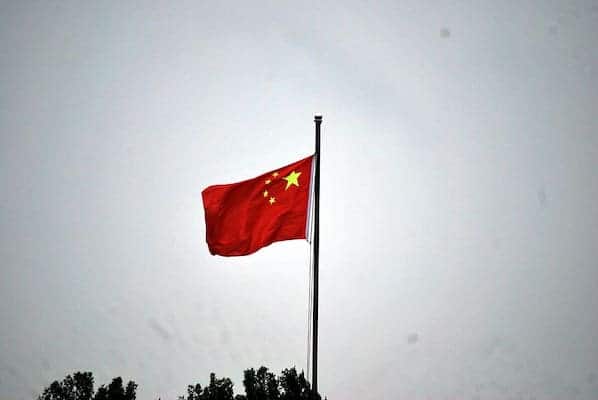by YVES SMITH

Yves here. Michael Hudson said he both enjoyed and very much appreciated the robust discussion among members of the commentariat last weekend about what to call China’s economic model. He’s keen to continue the discussion. To advance that end, Michael has graciously given us a lecture being subtitled in Chinese for release in a few weeks. It summarizes a series of talks and will also be included in his my book to be published later this summer, “The Destiny of Civilization: Industrial Capitalism, Finance Capitalism or Socialism.” As you can see, Michael focuses on finacialization as a central point of difference between the two systems.
By Michael Hudson, a research professor of Economics at University of Missouri, Kansas City, and a research associate at the Levy Economics Institute of Bard College. His latest book is “and forgive them their debts”: Lending, Foreclosure and Redemption from Bronze Age Finance to the Jubilee Year
Nearly half a millennium ago Niccolo Machiavelli’s The Princedescribed three options for how a conquering power might treat states that it defeated in war but that “have been accustomed to live under their own laws and in freedom: … the first is to ruin them, the next is to reside there in person, the third is to permit them to live under their own laws, drawing a tribute, and establishing within it an oligarchy which will keep it friendly to you.”[1]
Machiavelli preferred the first option, citing Rome’s destruction of Carthage. That is what the United States did to Iraq and Libya after 2001. But in today’s New Cold War the mode of destruction is largely economic, via trade and financial sanctions such as the United States has imposed on China, Russia, Iran, Venezuela and other designated adversaries. The idea is to deny them key inputs, above all in essential technology and information processing, raw materials, and access to bank and financial connections, such as U.S. threats to expel Russia from the SWIFT bank-clearing system.
The second option is to occupy rivals. This is done only partially by the troops in America’s 800 military bases abroad. But the usual, more efficient occupation is by U.S. corporate takeovers of their basic infrastructure, owning their most lucrative assets and remitting their revenue back to the imperial core.
President Trump said that he wanted to seize Iraq’s and Syria’s oil as reparations for the cost of destroying their society. His successor, Joe Biden, sought in 2021 to appoint Hillary Clinton’s loyalist Neera Tanden to head the government’s Office of Management and Budget (OMB). She had urged that America should make Libya turn over its vast oil reserves as reparations for the cost of destroying its society. “We have a giant deficit. They have a lot of oil. Most Americans would choose not to engage in the world because of that deficit. If we want to continue to engage in the world, gestures like having oil rich countries partially pay us back doesn’t seem crazy to me.”[2]
U.S. strategists have preferred Machiavelli’s third option: To leave the defeated adversary nominally independent but to rule via client oligarchies. President Jimmy Carter’s national-security advisor Zbigniew Brzezinski referred to them as “vassals,” in the classical medieval meaning of demanding loyalty to their American patrons, with a common interest in seeing the subject economy privatized, financialized, taxed and passed on to the United States for its patronage and support, based on a mutuality of interest against local democratic assertion of nationalisticself-reliance and keeping the economic surplus at home to promote domestic prosperity instead of being sent abroad.
Monthly Review Online for more